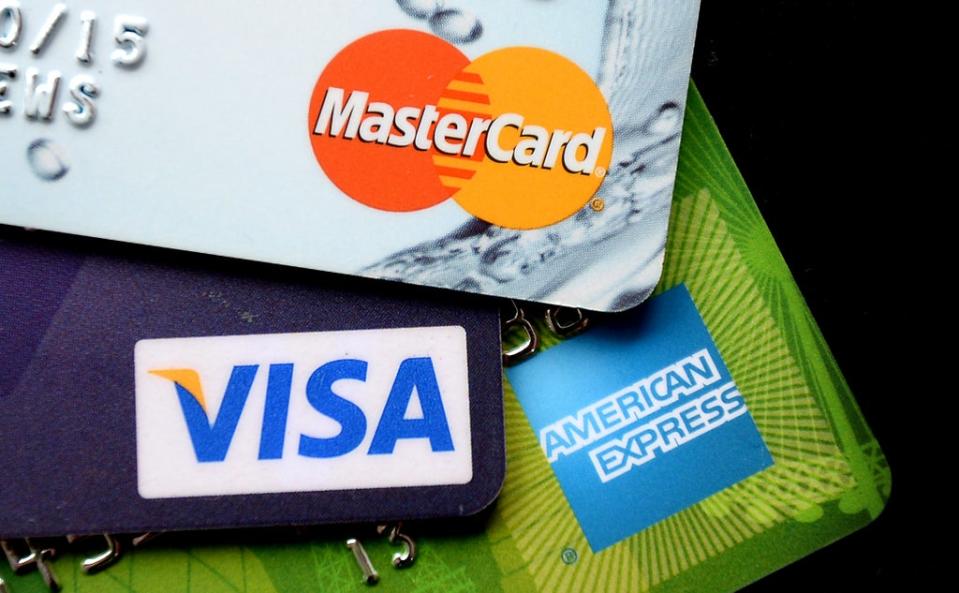Bank of England: Pandemic effect on mortgages, credit card spending and savings beginning to ease

Consumer spending and borrowing patterns are normalising after being warped by government support during the pandemic.
New data published by the Bank of England showed a pick up in credit card spending, a drop in household savings and mortgage levels returning to more normal levels.
Brits borrowed £1.2 billion in November, the Bank said, with £900 million going on credit cards. That was the highest total since July 2020 and in-line with pre-pandemic averages. People eased off credit card spending for much of the pandemic amid concerns about bills and job prospects.
Thomas Pugh, economist at RSM UK, said: “Combined with stronger retail sales data for November, this suggests that consumer spending was reasonably strong in November. But this could just have been driven by earlier Christmas shopping and it seems apparent that the emergence of the Omicron variant caused consumers to retreat in December and January.”
Elsewhere, households collectively saved £4.5 billion in November, down on the six month average of £7.9 billion. Generous government support, such as furlough, combined with lower outgoings with people stuck at home saw savings soar during the pandemic.
Demand for mortgages eased off after a government-fuelled boom. Banks lent £3.7 billion against homes in November, which was broadly in-line with pre-pandemic levels. 67,000 mortgages were approved in the month.
Jeremy Leaf, north London estate agent and a former RICS residential chairman, said: “These figures show that the housing market is moving into more ’normal territory’ as mortgage approvals return close to their pre-Covid averages.”
November’s mortgage borrowing total was £2.9 billion below the 12-month average to June 2021. A stamp duty holiday, which ended in September 2021, poured rocket fuel on the housing market and prompted a boom in demand. Prices soared as a result but growth is expected to slow this year.
The interest rate paid on new mortgages fell by 9 basis points to 1.5% in November, the lowest average ever recorded. Costs will have risen since then, with the Bank of England raising interest rates for the first time in three years last month.

 Yahoo Finance
Yahoo Finance 